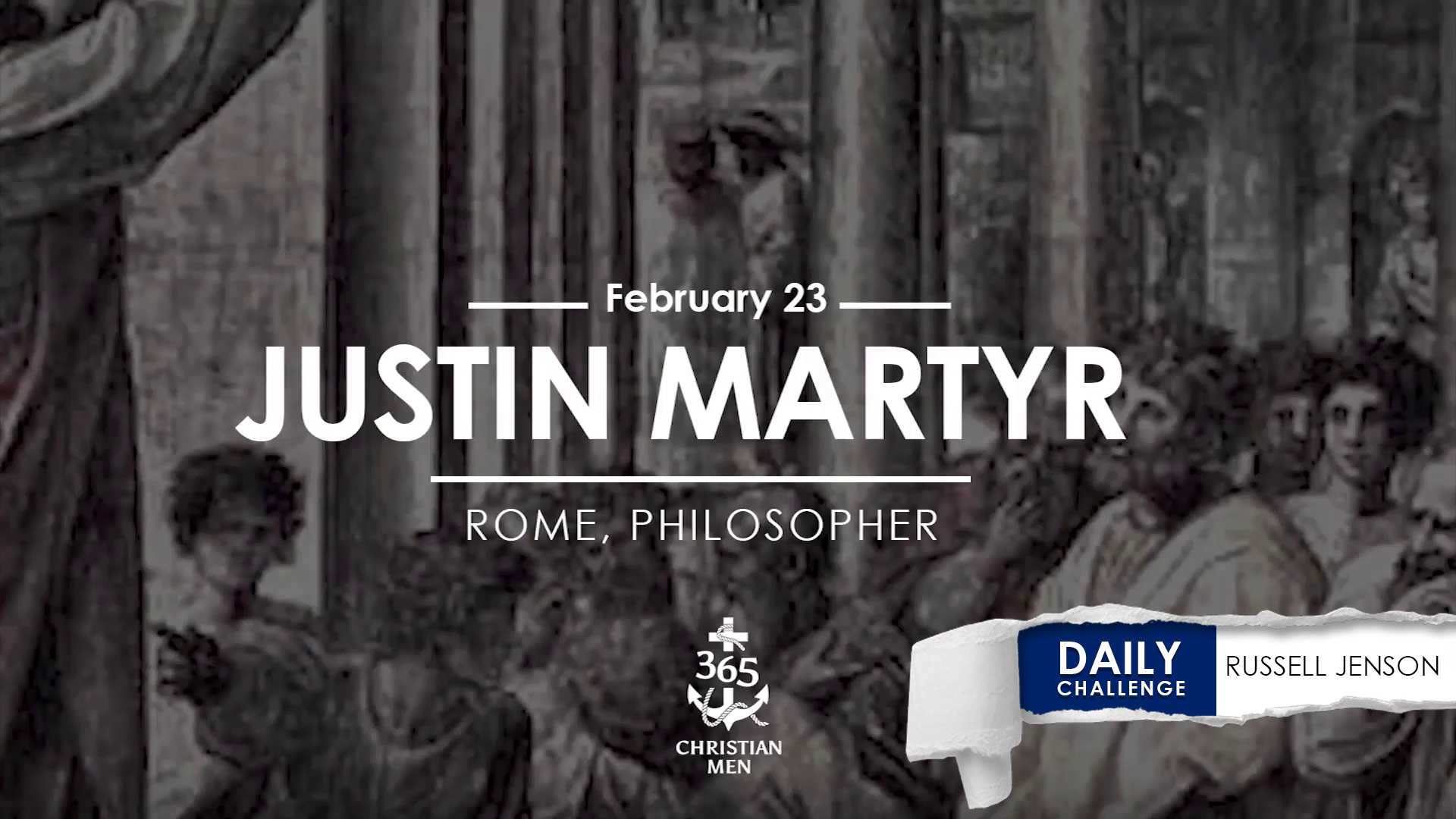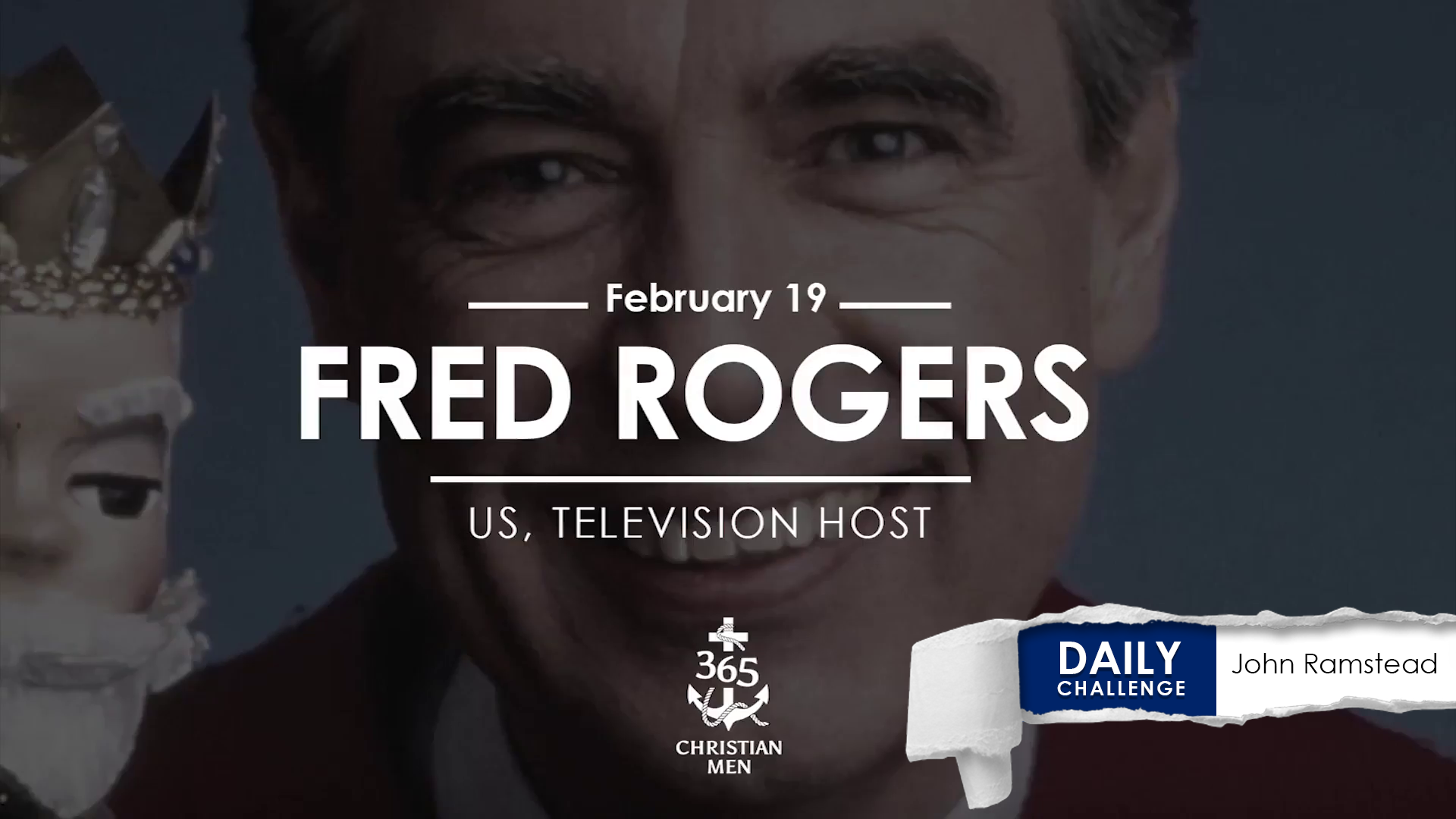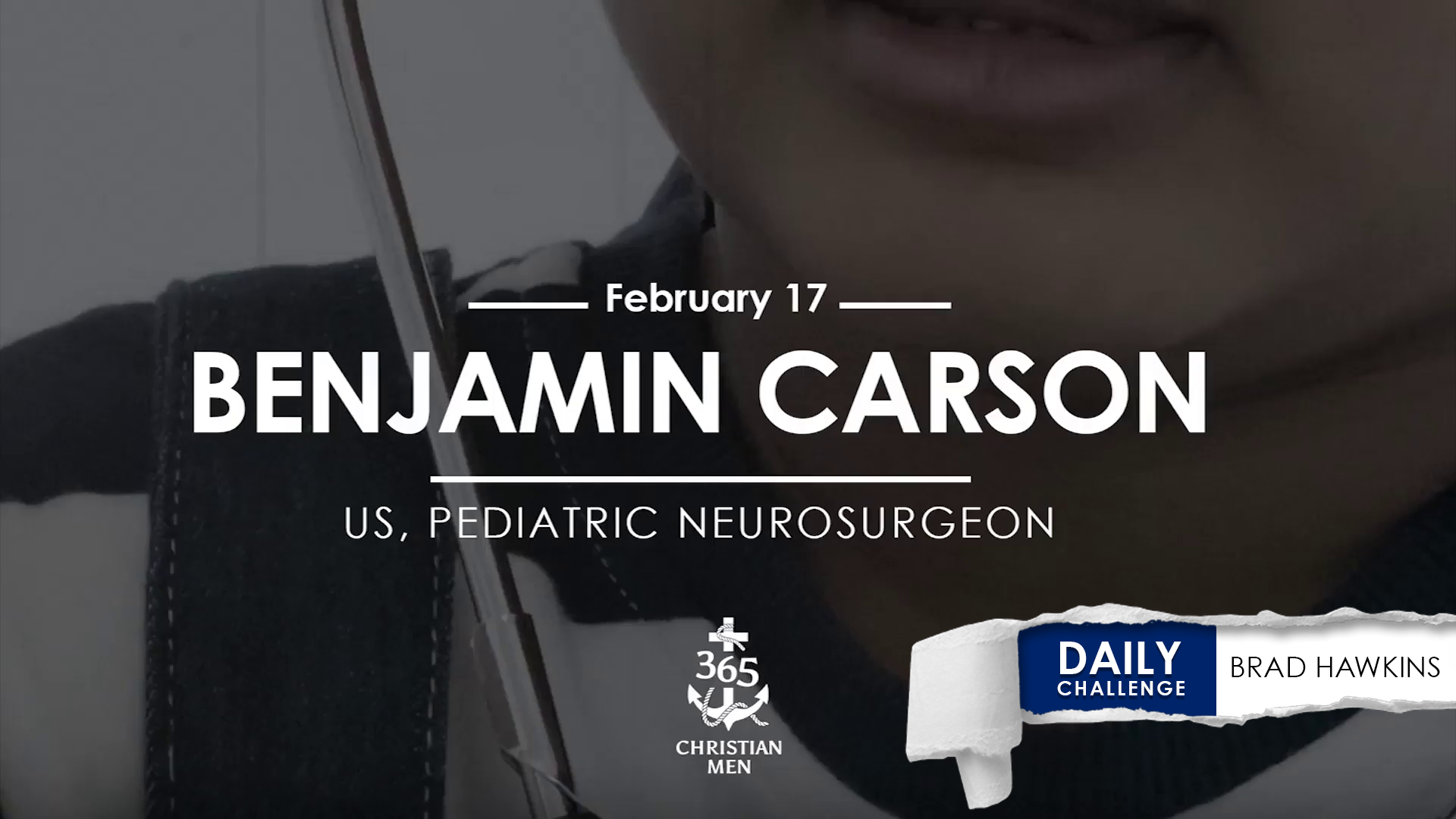February 23. Justin Martyr. About 100 AD, Martyr was born in Samaria, the capital of the northern kingdom of ancient Israel, a city of Gentiles and mixed marriages.
Even as a boy, he wanted answers for life’s big questions, and he wasn’t finding them among the Stoics and other philosophers.
But one day he met a man who knew Jesus. Martyr listened. He questioned. He believed. And he became a traveling teacher and the second century’s foremost defender of the faith. Martyr wrote, “I fell in love with the prophets and these men who had loved Christ; I reflected on all their words and found that this philosophy alone was true and profitable.” Here’s the story.
When the unrighteous rule, a righteous man acts.
In the late second century, Martyr stood in the middle of a firestorm. Christians all around him were being imprisoned and executed simply for naming themselves Christian. Martyr had a chance to escape from Rome and save himself, but he decided to stay and take a stand with the other Christians.
The leaders of the Roman Empire considered Christianity to be a dangerous, rapidly-spreading political cult, and they launched “bitter attacks against the Christians.”
Roman Christians were beheaded, crucified, or torn apart by lions in colosseums packed with bloodthirsty spectators. Martyr and the surviving members of the early church grieved bitterly for spouses, friends, and relatives who had been stolen from them during this time. Everybody lost someone.
But of all the losses, none affected Martyr more than the execution of Polycarp, the bishop of Smyrna. A spiritual father to many and a man who had known the Apostle John personally, at the age of eighty-six, Polycarp had been burned at the stake. He had refused to recant his faith in Jesus.
Polycarp’s death ignited a holy fire within Martyr. Counting himself among the believers was no longer enough. He had to do something.
So Martyr wrote a powerful and explosive letter to the Roman Emperor himself, Antoninus Pius—a risky thing to do. Offending the Emperor would certainly result in Martyr’s execution.
But in his letter to Antoninus, Martyr didn’t hold back. The Roman state had accused Christians of atheism and punished Christians for rejecting the Roman gods.
In response, Martyr denounced all of the Roman gods and called them “demons that men call gods.” He declared that as far as the Roman gods were concerned, the Christians were indeed atheists. For they had a higher calling: to worship “the most true God, the Father of righteousness.”
The second serious charge against the Christians was that their “cult” inspired rebellion against the Emperor and, if left unchecked, would soon throw the Empire itself into chaos.
Martyr smashed that accusation by testifying to what had actually happened. Christ’s mighty power worked in the church and transformed them into a people of radical peace: “We who hated and destroyed one another, who would not live with men of a different tribe, now, since the coming of Christ, live familiarly with them and pray for our enemies, and endeavor to persuade those who hate us to become partakers of the same joyful hope.”
After writing this letter, Martyr, a man in his late sixties, still could have escaped Rome for the safety of a friendlier nation. Instead, he chose to remain, and he worked tirelessly to legalize Christianity in the Roman Empire. At the same time, he preached the Gospel to all who would hear it. Every day he remained in Rome put his life in great jeopardy, but he continued to act on his faith and stand against injustice.
Several years later, after a new and equally unjust emperor, Marcus Aurelius, was named Caesar, the time came for Martyr to take his final stand. And on that glorious day he found himself in the same position Polycarp had once been: standing before a Roman proconsul, who demanded he recant his faith. Martyr would not recant and was executed alongside his students.
“So whoever knows the right thing to do and fails to do it, for him it is sin” (James 4:17 ESV).
What injustice is God calling you to take a stand against? When the unrighteous rule, a righteous man acts.
“Polycarp: Martyrdom.” Accessed October 8, 2020. All About Religion. https://www.polycarp.net/.
“The First Apology of Justin.” Accessed October 8, 2020. Bible Study Tools. https://www.biblestudytools.com/history/early-church-fathers/ante-nicene/vol-1-apostolic-with-justin-martyr-irenaeus/justin-martyr/first-apology-of-justin.html.
Parvis, Paul. “Justin Martyr.” The Expository Times 120, no. 2 (November 1, 2008): 53-61.
Martyr, Justin. Dialog with Trypho. Washington, DC: Catholic University of America Press; Revised Edition, July 1, 2002.
Story read by Chuck Stecker















